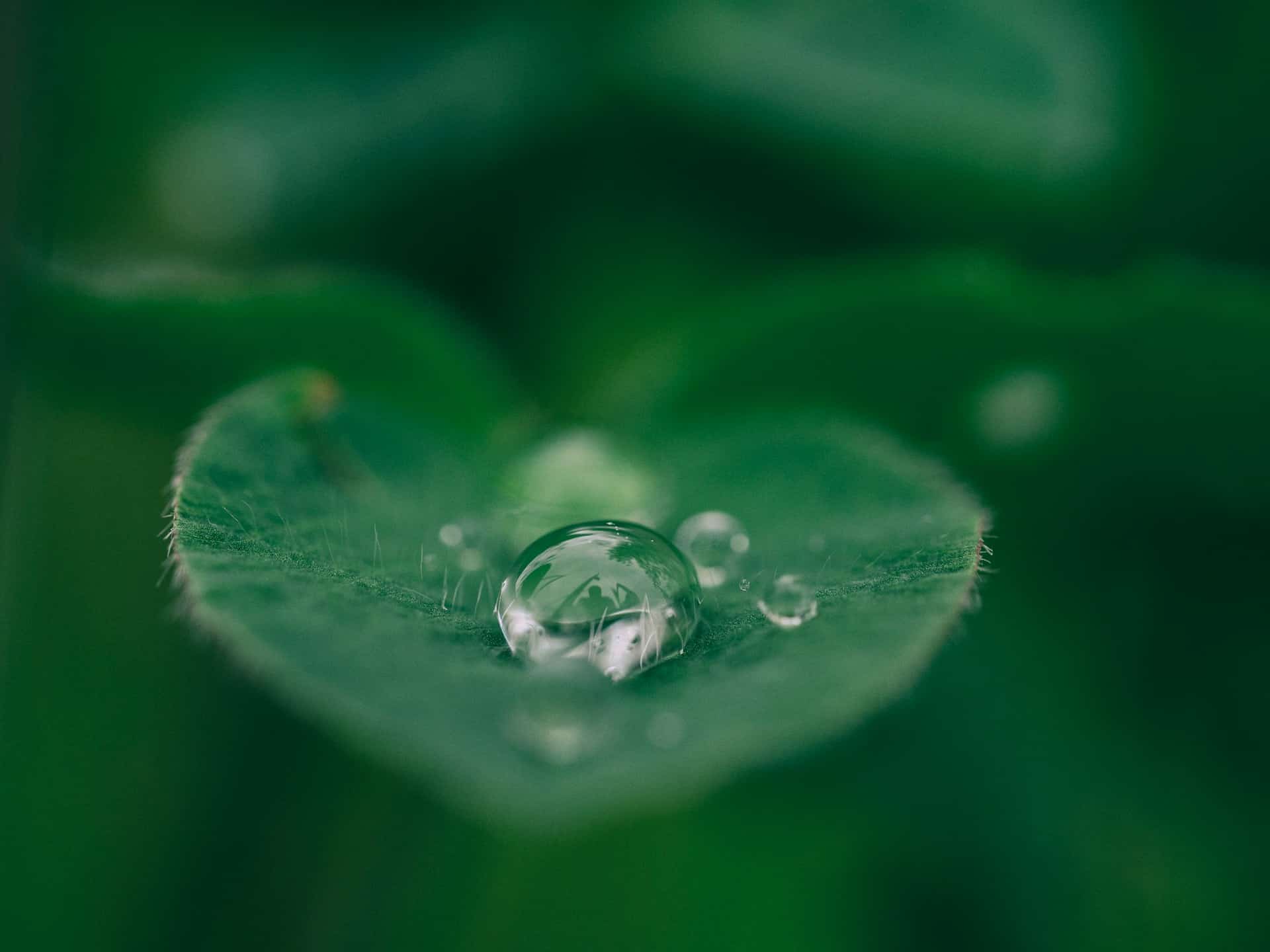What Are the Most Efficient Techniques for Removing Hard Water Stains from Bathroom Fixtures?

Hard water can be the bane of any homeowner’s existence. With its high mineral content, hard water leaves a chalky residue on bathroom fixtures that can be tough to clean. If you’re battling with stubborn stains on your glass shower doors, toilet bowls, and faucets, you’re not alone. Fortunately, there are effective and affordable solutions to this common problem.
Here, we’ll delve into the best techniques to remove hard water stains from your bathroom fixtures. We’ll cover natural cleaning solutions like vinegar and baking soda, as well as commercial cleaner options. So, roll up your sleeves and get ready to banish those unsightly mineral deposits for good!
A découvrir également : How Can You Craft a Vintage-Style Cocktail Bar in a Mid-Century Modern Home?
The Science Behind Hard Water Stains
Before we delve into how to clean hard water stains, it is crucial to understand what causes these stubborn marks. Hard water contains minerals like magnesium and calcium. When the water evaporates, these minerals remain, forming deposits on your bathroom fixtures.
Understanding the science behind hard water stains can guide you in selecting the right cleaning solution. For instance, substances like vinegar, which are acidic, are particularly effective at dissolving the alkaline mineral deposits.
A voir aussi : What’s the Best Approach for Installing Heated Floors in a Stone Cottage?
Natural Solutions for Cleaning Hard Water Stains
If you’re a fan of natural cleaning solutions, you’ll be glad to know that common pantry items like vinegar and baking soda can help get rid of hard water stains. Both are non-toxic, affordable, and easy to use.
Vinegar: A Versatile Cleaning Agent
Vinegar is a fantastic cleaning agent because of its acidity. Its high acid content can break down the mineral deposits left by hard water. To use vinegar, simply fill a spray bottle with equal parts white vinegar and water. Spray the solution onto the stained areas and let it sit for 15 to 20 minutes before scrubbing clean with a non-abrasive cloth or sponge.
Baking Soda: A Gentle Abrasive
Baking soda works as a mild abrasive that can scrub away hard water stains without damaging your bathroom surfaces. Make a paste with baking soda and a small amount of water. Apply this paste to the stained areas, let it sit for 15 minutes, then scrub gently with a soft cloth or sponge. Rinse thoroughly to remove all baking soda residue.
Commercial Cleaners for Hard Water Stains
If natural remedies don’t do the trick, you may need to turn to commercial cleaners specifically designed to tackle hard water stains. These products often contain stronger acids or other active ingredients that can break down mineral deposits more effectively. Always follow the manufacturer’s instructions and use protective gear like gloves when handling these products.
Removing Hard Water Stains from Different Bathroom Fixtures
Different bathroom fixtures may require slightly different approaches when removing hard water stains. Let’s look at how to apply these cleaning techniques to your toilet, glass shower doors, and faucets.
Toilet Stains
To clean hard water stains from your toilet, try using a vinegar solution first. Pour one to two cups of vinegar into the bowl and sprinkle baking soda over the surface. Let the mixture sit for 15 minutes before scrubbing with a toilet brush. If the stains persist, consider using a commercial toilet cleaner designed to remove hard water stains.
Glass Shower Doors
Hard water stains on glass shower doors can be particularly stubborn. Vinegar and water solutions, along with baking soda scrub, can work wonders. Apply the vinegar solution and let it sit for at least 15 minutes, then scrub gently with a sponge doused in baking soda paste. Rinse thoroughly to remove all residues. Commercial glass cleaners with hard water removing properties can also be a viable option.
Faucets
Faucets with intricate designs can make hard water stain removal a bit tricky. Wrap a cloth soaked in vinegar around the faucet and let it sit for 15 to 20 minutes. After removing the cloth, use a toothbrush dipped in baking soda paste to scrub any remaining hard water deposits.
With a little effort and the right cleaning solution, hard water stains can be a thing of the past. Remember to treat stains as soon as they appear, as this makes the cleaning process easier and helps maintain the aesthetic of your bathroom fixtures.
Prevention: Your First Line of Defense Against Hard Water Stains
Preventing hard water stains from forming in the first place is arguably the most efficient way of dealing with them. This involves understanding the dynamics of hard water and taking measures to minimize its effects on your bathroom fixtures.
In essence, hard water stains are a result of evaporation. When hard water, which is water with a high content of minerals like calcium and magnesium, evaporates on your bathroom fixtures, the minerals are left behind, forming those unsightly white deposits. Therefore, one simple but effective prevention tip is to wipe your surfaces dry after use. For instance, after a shower, use a squeegee or clean towel to remove water from your glass shower doors. This prevents the water from evaporating and leaving behind mineral deposits.
Installing a water softener is another effective prevention measure. A water softener removes the hard minerals from your water before it gets to your bathroom fixtures, thereby preventing hard water stains. Although they can be an investment, they’ll end up saving you the time and effort spent battling persistent stains.
Finally, regular cleaning can go a long way in preventing hard water stains. Don’t wait until you can see the chalky deposit to start cleaning. Regularly wipe down your surfaces with a vinegar and water solution or a commercial cleaner suitable for your fixtures. This regular maintenance can often stop the stains from getting a foothold in the first place.
Sealants: An Extra Layer of Protection
While cleaning and prevention are key, adding a sealant to your bathroom fixtures can provide an additional line of defense against hard water stains. A sealant creates a protective barrier that prevents hard water from directly touching the surface of your bathroom fixtures.
The type of sealant to use depends on the material of your fixtures. For glass shower doors, consider using a glass sealant. Not only will it protect against hard water but also it will make your doors look shiny and new. For your faucets, a metal or chrome sealant may be appropriate. Always follow the manufacturer’s instructions when applying a sealant.
Conclusion: Winning the Battle Against Hard Water Stains
Dealing with hard water stains doesn’t have to feel like an endless battle. With the right tools and techniques, you can effectively remove these stubborn stains from your bathroom fixtures. Whether you decide to use natural solutions such as vinegar and baking soda or commercial cleaners, the key is to act quickly before the deposits become too tough to remove.
In addition to cleaning, taking preventive measures is crucial. Wipe your surfaces dry after use, consider investing in a water softener, and clean your fixtures regularly to prevent stains from forming. Moreover, applying a sealant can provide an extra layer of protection against hard water stains.
While these steps may take some time and effort, they can help maintain the aesthetic appeal of your bathroom fixtures and save you the trouble of dealing with stubborn stains in the long run. Remember, the battle against hard water stains is one that can be won!
